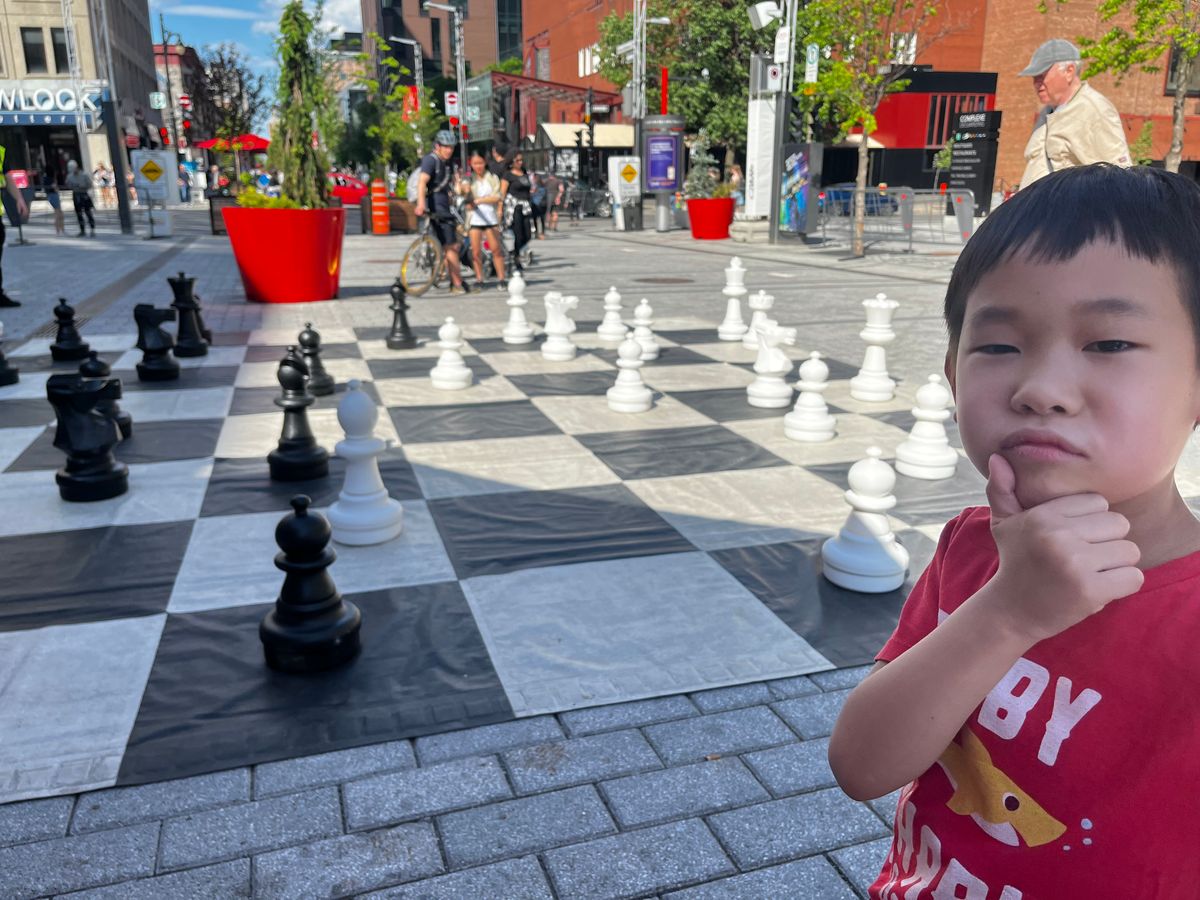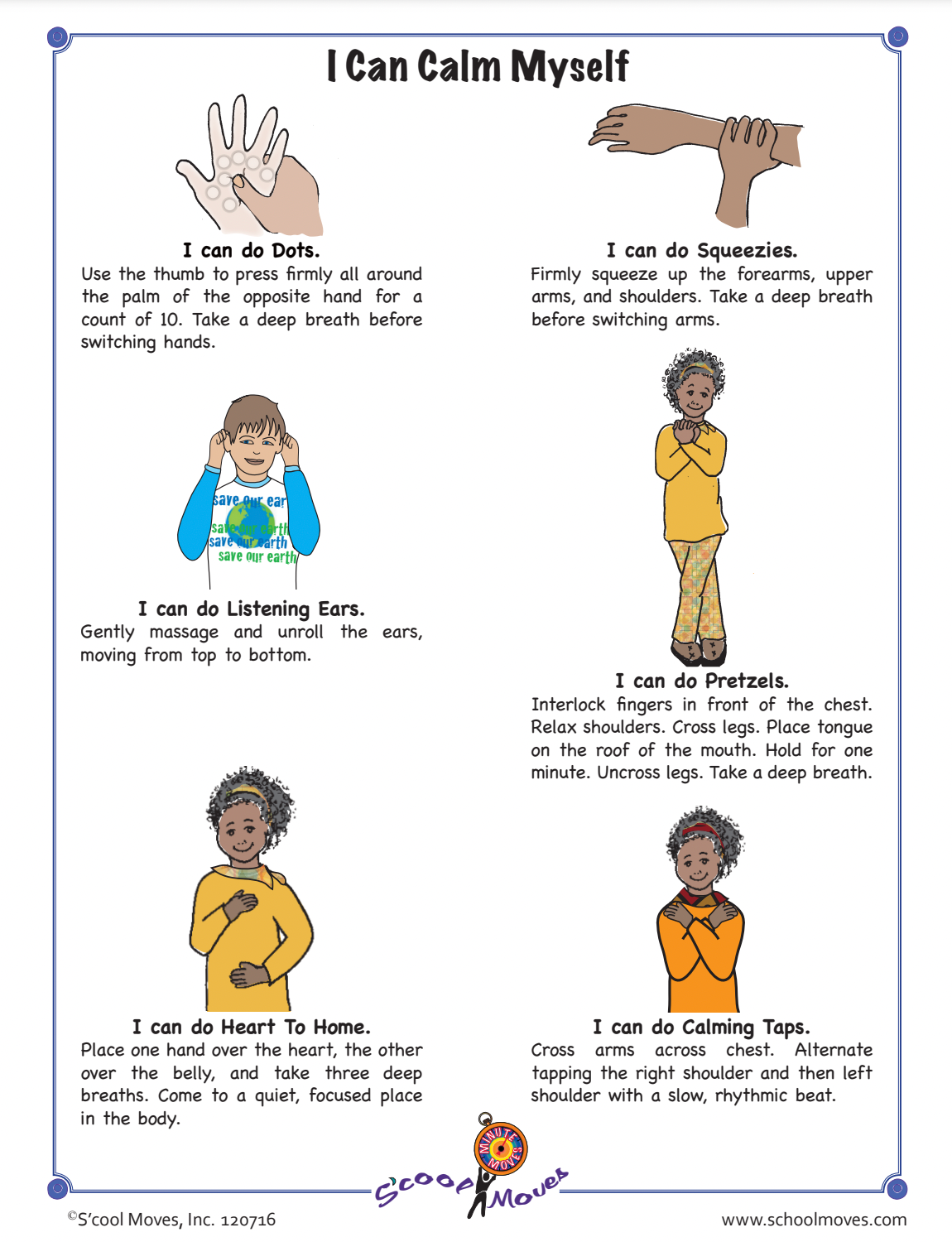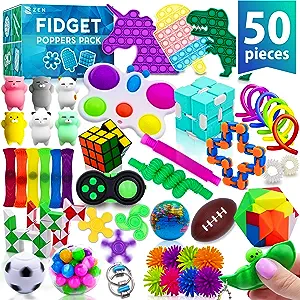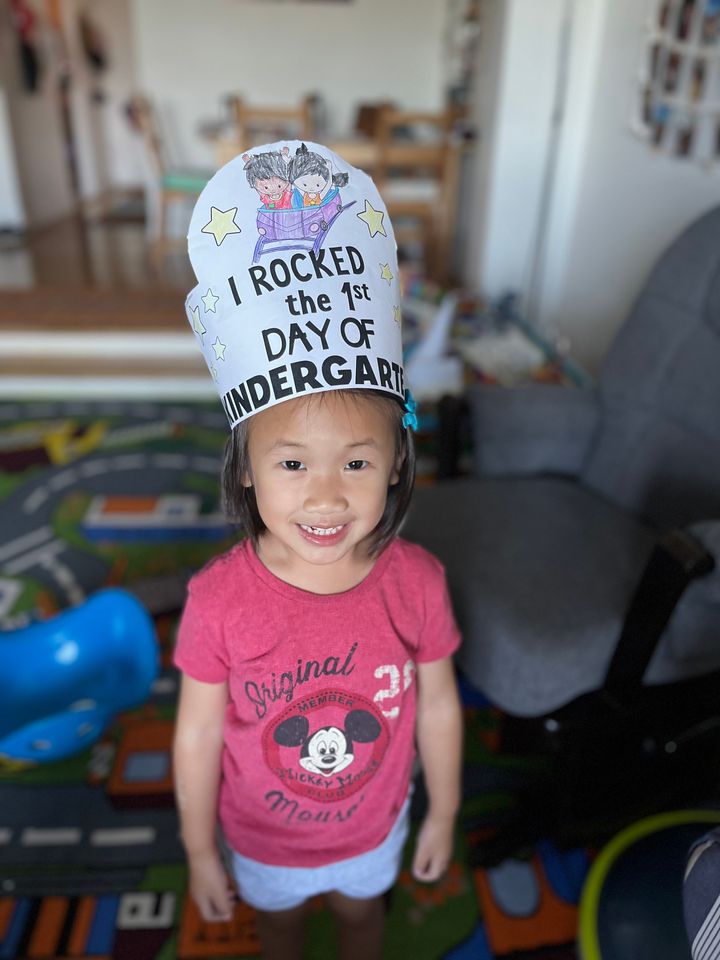Tips for Managing Sensory Sensitivity in Children: How to Help Your Child Avoid Overstimulation
Is your child easily overwhelmed by noise, crowds, or changes in routine? Learn these coping techniques to avoid sensory overload in children.

We recently returned from a whirlwind Spring Break getaway that involved a cross country flight and a 4-day Disney cruise. While this kind of family vacation might be a dream come true for many kids, with our highly sensitive child, family adventures often present some unique challenges.
Do you have a sensory sensitive kiddo? Does your little one seem to have trouble handling their emotions and become overwhelmed by certain stimuli? Well, you’re not alone! Sensory overload is a common problem among children with autism, ADHD, and other behavioral issues. As a parent, it can be hard to know how to help your child, but don’t worry! I’ve compiled some tips and tricks for you to manage sensory sensitivity in your little one.
🖐 Touch & Tactile sensitivity
👂 Sound Sensitivity
👃 Smell & Taste sensitivity
👁 Visual sensitivity
What is sensory overload?
First off, let’s define the problem. Imagine your child’s brain is like a cup, and every sensory experience they encounter throughout the day is a drop of water. Normally, the cup can hold all of the drops without overflowing. But for a sensory sensitive child, the cup is smaller and the drops are bigger, causing the cup to overflow more easily. This can lead to tantrums and meltdowns, which can be stressful for both you and your little one.
This article contains affiliate links to products I feel good about endorsing, meaning I may earn commission from qualifying purchases. Check disclaimers for more info.
What can you do to help?
The first step is to identify your child’s sensory triggers. Does loud noise bother them? Do they struggle in new environments? Changes to routine? Once you recognize their triggers, you can help your child learn to better regulate their responses.
For our son, it's all of the above. These are some of the strategies and tools we've used to help ensure we spend more time making happy memories instead of dealing with emotional fallout.
Prioritizing over Maximizing: We've realized that it's important to limit the number of activities or experiences we try to cram into a single day, and avoid over-scheduling ourselves. So, for example, instead of trying to join shore excursions during our cruise, we just head straight to the beach for a couple of hours of unstructured playtime in the sand. When it comes to theme parks or museums, we like to arrive in the early morning, before the crowds descend, and leave just after lunch or early afternoon. If your child is a late sleeper (what is that even like?), you could try the opposite and arrive in the afternoon or just a couple hours before closing. By doing this, we can avoid the sensory overload that can come from being in a loud, crowded environment for too long.
Turn Down the Volume: Headphones or earplugs may help block out any sudden or loud noises that might trigger a sensory overload, such as loud music or sudden bursts of noise. If your child is in a crowded or noisy environment, these headphones can also provide a sense of calm and security. They can listen to calming music or even white noise, which can help to create a more relaxing atmosphere. These helped us get through meal times which are often boisterous and crowded. When we travel we often order take out or delivery for dinner so that late meal of the day is in the quiet, safe environment of our hotel room.

Meditation and self-calming techniques: Your child can learn age-appropriate meditation and self-calming techniques. Deep breathing, yoga, and mindfulness can help reduce stress and anxiety by calming the nervous system. These discreet techniques from S'cool Moves are favorites in our family.

Develop an Exit Strategy: Talk to them about ways they can stay calm or change environments if they start to feel overwhelmed. Maybe taking a nap, going outside to play, or retreating to a quiet room can help. For our son, the hotel room or stateroom on the cruise was always a welcome escape and chance to reset before facing the next challenge.
We learned the hard way when our son was little, trapped queuing with him for half an hour or more only to have a meltdown just before our turn to get on a ride or to see that character he was previously excited to meet. Many theme parks including ones that we have frequented like Sesame Place, Legoland, and Disney World offer accessibility passes which allow you to queue for rides without being trapped for extended periods of time in a long, noisy, and crowded line. This is incredibly helpful for highly sensitive children because you can use that queuing time as a time to escape to a quieter environment so that your child's cup is empty enough to enjoy the ride when it's finally your turn!
Sensory Toys and Drawing Pads: Squeezy balls, silicone bubble poppers, and stretchy strings can provide a calming sensory outlet. When our son was a toddler, we also allowed him to keep his favorite stuffed animal or blanket with him when going to new places. These can help create a sense of calm and security for your little one.

Both our children love these reusable writing and drawing pads which they use to play hangman, tic-tac-toe, or pictionary type games. They are light enough to bring with us just about anywhere, and have gotten us through countless meals, waiting in lines, and long flights or road trips.

Keep it Simple at Mealtime: For many highly sensitive children, mealtimes can be a source of anxiety and stress, especially when away from home. One way to make mealtimes less stressful is by allowing your child to stick to their safe foods when eating out. When we travel, we make sure to bring along some of our son's favorite snacks and foods that we know he will eat. Familiarity can be comforting and can help reduce the stress that comes with trying new foods.
After a full day of adventures, our son is done being adventurous. We research restaurants and menus in advance and look for familiar foods. Did our son eat white rice with soy sauce for 3 out of 4 dinners on our Disney cruise? Yep. Did we, in turn, get to enjoy our meals meltdown free? Absolutely. When we're back home, he quickly returned to his varied diet and willingness to try new foods. By taking these steps, you can help ensure that mealtimes are a pleasant and stress-free experience for you and your child.
Foster understanding among peers: If your child is verbal, encourage them to communicate their needs with their friends and playmates. We sometimes have to explain to our son's friends and their parents how he may prefer to play in a different way. Parents can teach their children about highly sensitive kids and the importance of respecting their boundaries. They can also help their child understand that some children may need more space or quiet time to feel comfortable and avoid getting overwhelmed. It does not mean these highly sensitive children don't want to play or be friends, but they may need to be approached differently and with patience. By fostering a supportive and inclusive environment, children can learn to appreciate and respect each other's differences, and avoid potential hurt feelings.
Parenting a sensory sensitive child can be challenging, but with patience and healthy coping strategies, you and your child can manage sensory overload and minimize upsetting situations. In the moment it can be difficult to keep your own cool, so take a deep breath and you'll get through it together. With the right support and age-appropriate tools to deal with their hypersensitivity, even highly sensitive kids can experience the world and make happy memories with you!




Comments ()